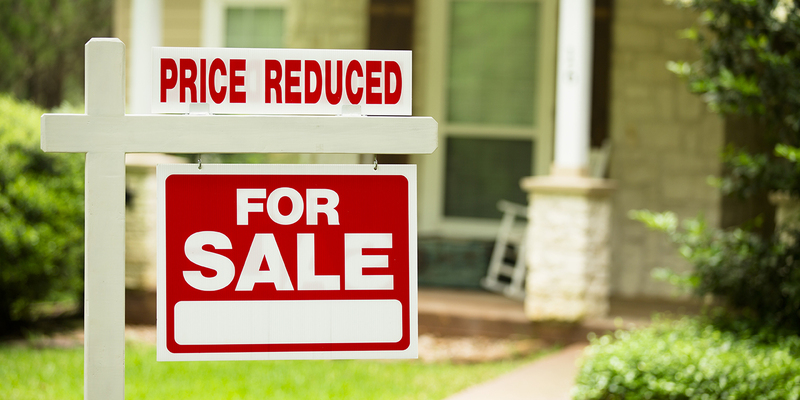When Is A Great Time For A Price Reduction
Dec 25, 2023 By Susan Kelly
There is just one person who is interested in hearing about a price drop: the customer. It's common in something like a buyer's market or sluggish time for sellers to blame their agency or for agents to blame the sellers' unreasonable asking price. When Is a Good Time for a Price Reduction, there are circumstances in which dropping your asking price is a smart choice. There are several important things to ask yourselves before lowering your house's price.
Do You Have A Buyer's Market?
Demand will decline if the market is sluggish and there is plenty of supply. If that is the situation and you aren't in a rush to sell, taking your house off the market might be a good idea. If you aren't in a rush to sell, you may be better off renting out your home or waiting for the market to improve before selling.
Did You Begin Too High?
If you set the price of your property too high, to begin with, you will have to lower it until you find the optimal selling price. "Chasing this same market down" describes this strategy, which is not smart. Possible buyers will start to worry about anything wrong with the home. They will consider that however much lower you may go and play that waiting game if they think you might do so. Limit yourself to no more than a single price cut every year.
Have You Missed Anything In Particular?

If you want a friend's "honest" assessment of how well your home appears, ask them to stop by. Your broker, indeed, should have known this some months ago. It would be best to make your home seem like a museum piece. Even if you and your agency think you've covered all the bases, the second pair of eyes may see something you haven't. Determine what it is, correct it, and assess whether progress is made. There's no need to make it a regular practice to linger around during presentations. In most cases, the owner's presence is off-putting to potential purchasers.
How Effective Is Your Marketing?
If you believe the market justifies your purchase price and are not creating any roadblocks, it may be time to reconsider your advertising strategy. It's important to weigh if you and your agent have exhausted all other avenues before lowering the asking price. Some questions to ponder are:
- In the MLS, how many times has your listing been viewed?
- Do the marketing descriptions emphasize the features and benefits?
- How would you describe the newly launched mail campaign?
- If any, how many information sessions have been hosted?
- How does the home seem in virtual reality? Do you have a lot of stunning images?
- Is the placement of your signs optimal? Includes several phone numbers and an internet address?
- What about a virtual tour? Is there anything online that we can look at?
Look At Other Listings

It is crucial to have a plan if you decide to lower your pricing. Get a list of sales still in the pipeline and see which ones have received price reductions. How often days on the market (DOMs) did they experience before the price dropped? How much did the price drop by? Although you won't have access to the final sale price, you may estimate discount percentages. Please avoid current listings that haven't been reduced in the price unless they are comparable to yours and have minimal DOMs. Analyze similar current postings in the area and see how they stack up against one another.
Conclusion
It would be best if you were sure to ask the correct price when you put your house up for sale. However, there are situations when, despite your best efforts, your house remains on the market for a long period despite your belief that the asking price is fair. This signifies that a price cut could be necessary to entice a buyer. Even more so if you reside in a dynamic housing market, every homeowner expects their property to sell rapidly. But what should you do if the job offers don't come in as fast as you'd want? About one-fifth of merchants in the United States offer a price cut.








